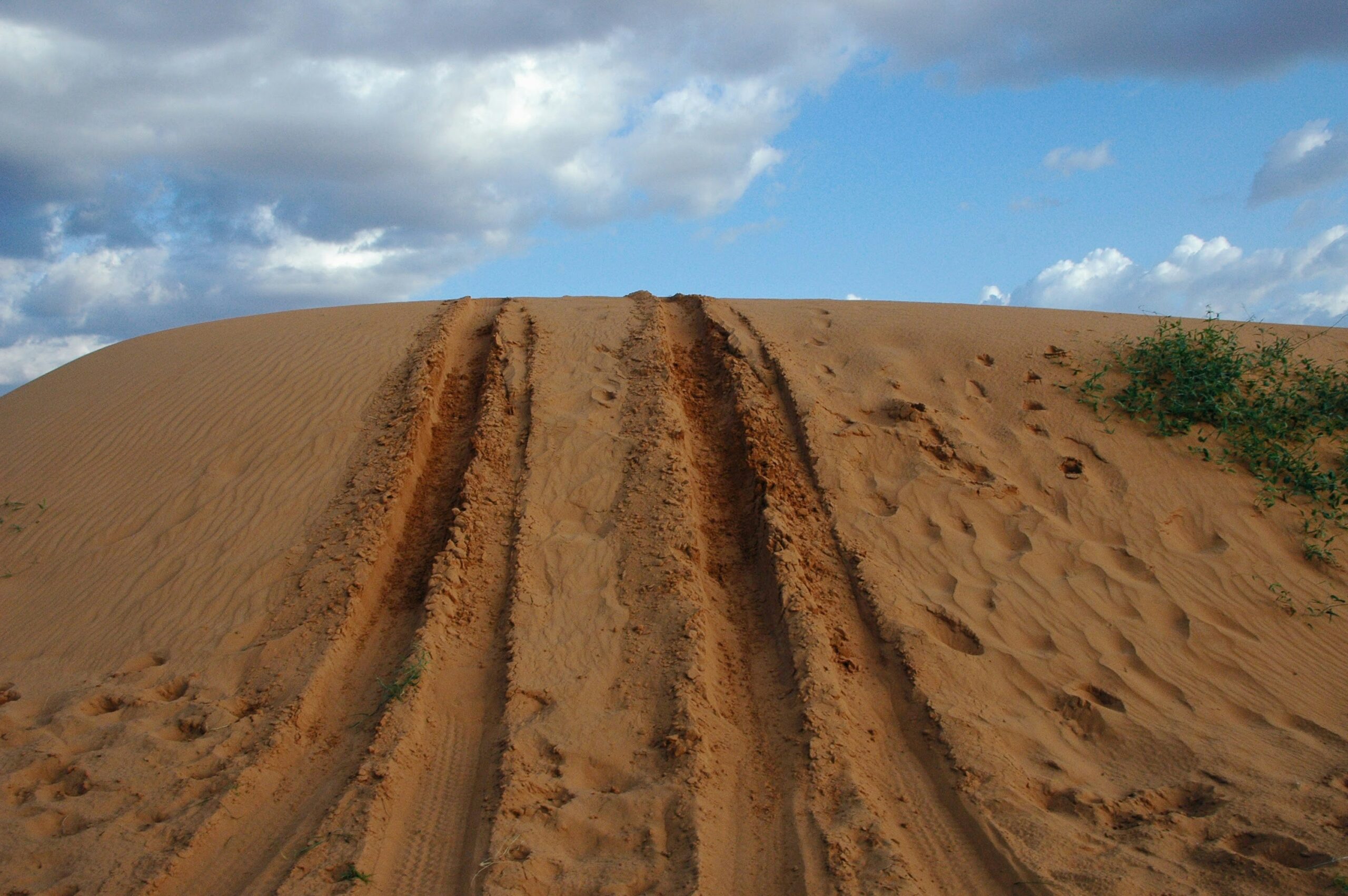In late July 2023, Niger was thrust into the international spotlight following a coup d’état led by General Abdourahamane Tchiani and the Presidential Guard. This bold move ousted President Mohamed Bazoum and led to the establishment of the National Council for the Safeguard of the Homeland. This article delves into the details of the coup, its implications, the regional response spearheaded by the Economic Community of West African States (ECOWAS), and the broader security context in the Sahel region.
The Coup d’état
On 26 July 2023, Niger’s stability was shaken when President Mohamed Bazoum, along with his family and Interior Minister Hamadou Souley, were detained by the Presidential Guard. Led by General Tchiani, the coup was marked by the dissolution of state institutions, the imposition of a nationwide curfew, and a stark warning against foreign intervention. Despite his detention, President Bazoum refused to resign, maintaining his stance as the country’s legitimate leader.
ECOWAS’s Ultimatum and Response
The coup prompted a swift reaction from ECOWAS, which issued an ultimatum to the junta, demanding Bazoum’s reinstatement and threatening sanctions and possible military intervention. Although the deadline passed without action, ECOWAS activated its standby force, signaling a readiness to intervene militarily, reminiscent of its past interventions in the region to uphold democratic governance.
Regional Dynamics and International Involvement
The coup in Niger not only raised concerns about democracy and stability in West Africa but also highlighted the complex regional dynamics, including the supportive stance of the juntas in Burkina Faso and Mali towards Niger’s new leaders. Internationally, the situation in Niger is further complicated by the involvement of various countries and private entities in the Sahel region, driven by the ongoing fight against Islamist insurgency groups and strategic interests.
Lifting of Sanctions and the Path Forward
In a surprising move, ECOWAS announced the lifting of sanctions on Niger in February 2024, citing humanitarian reasons. This decision marks a new phase in the regional body’s approach to the crisis in Niger, leaving the international community watching closely for the next steps in resolving the political standoff and restoring stability in the region.
Conclusion
The coup in Niger represents a critical moment for West Africa, challenging the region’s commitment to democracy and testing the efficacy of ECOWAS’s mechanisms for conflict resolution. As the situation unfolds, the international community remains focused on Niger, hoping for a peaceful and democratic resolution that ensures the country’s stability and prosperity.
